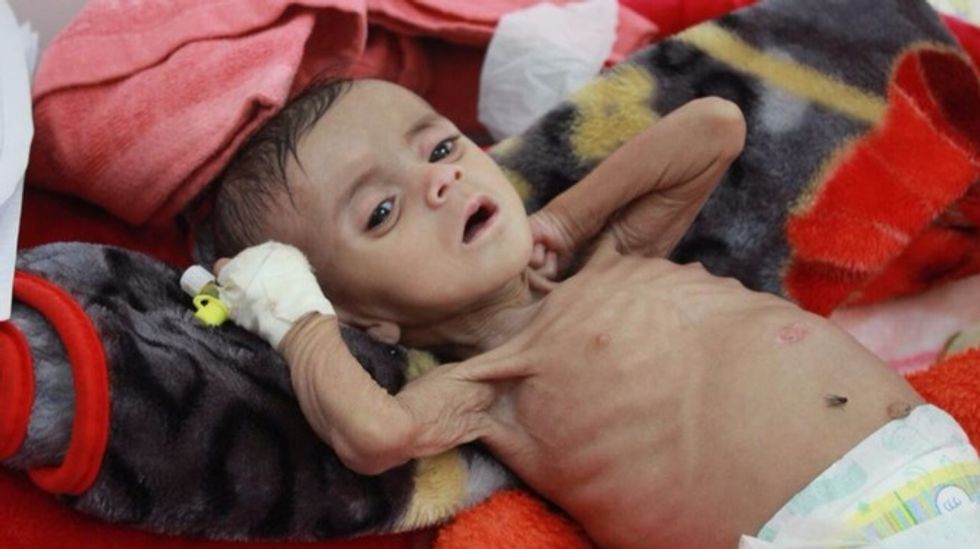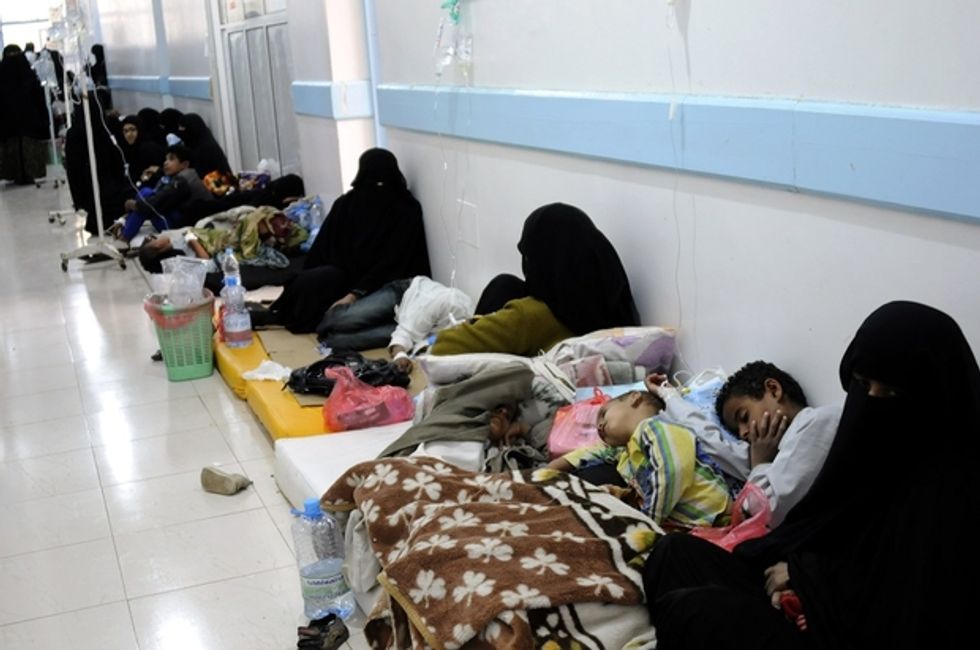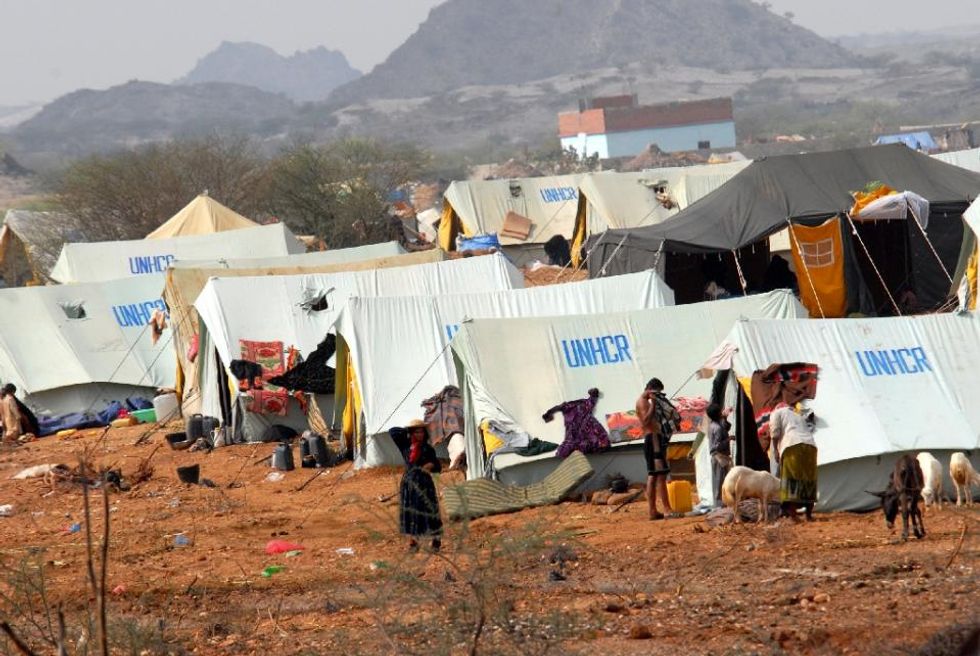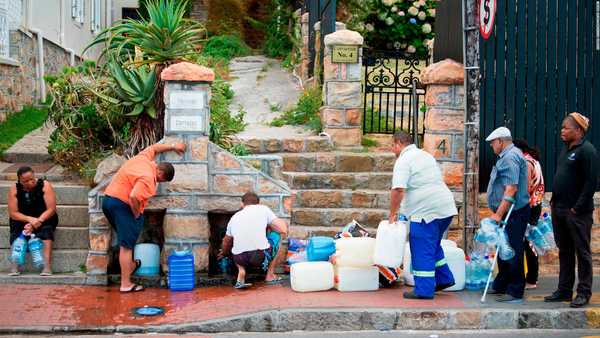Yemen is one of those places on Earth you probably do not regularly hear in the news cycle. Unfortunately, it is not because it is a country in which there is nothing to report on. After all, Yemen is a war-torn country in the Arabian Peninsula that faces what many consider to be the severest ongoing humanitarian crisis –arguably worse than the one in Syria.
The real explanation as to why Yemen’s reality rarely makes it to the headlines is related to the risks that reporting on the conflict poses to journalists and to the limited access to the country. As of now, only a few spread the voice of the tragedies that take place on a daily basis and even then, most of the stories still sink into oblivion.
It is quintessential to understand a conflict’s background and history in order to truly grasp present happenings. Political debate is and will always be paramount. However, human lives should always precede political debate and historical discussions. In fact, the latter should always gravitate towards the former, which is why I will not seek to focus on the details of the political or historical reasons behind the conflict but on illustrating the aspect that should grasp the world’s attention: the conflict’s human reality.
Statistics reveal that there have been over 10,000 casualties in the conflict and that more than 5,000 of those have been civilians. Of the 5,000 civilian casualties, around 1,340 have been children according to the UN. The United Nations has also reported that around 80% of the children of Yemen urgently require aid and that 2 million are enduring acute malnutrition. 7 million people face the famine threat. Authorities claim that Yemen could potentially be facing “the world’s largest famine in decades.” Furthermore, the obliteration of the country’s infrastructure (which significantly impaired the access to clean water for 14.5 million people) is fueling a cholera outbreak that exacerbates the critical public health conditions the country currently faces.
Statistics are a double-edged sword; they succeed in putting into perspective the quantitative characteristics of phenomena but often fail at depicting key qualitative aspects. When it comes to war and humanitarian statistics, the quantitative descriptions might very well dehumanize the subjects pertaining to the very same population they seek to describe.
The Yemeni crisis' statistics are by all means shocking. But, can you really understand their implications? What does it mean to have 2 million children suffering from severe malnutrition? What does 2.3 million refugees look like? How difficult is it to seek help in an overwhelmed hospital? What does over 5,000 civilian casualties in a span of two years represent? The answers to these questions are most likely unimaginable and indescribable. Nonetheless, it is our duty to try and understand the statistics’ real implications in our environment to grasp the gravity of Yemen’s prospect.
Severe malnutrition looks like this:
The number of Yemeni children affected by malnutrition is roughly the same as 2/3 of the under 18 population of the Los Angeles- Long Beach-Anaheim, CA metro area.
Overwhelmed hospitals look like this:
2.3 million refugees would roughly equal forcing the entirety of Pittsburgh’s metro area population to abandon the city with nothing more than a couple of their belongings and relocating them to camps like this one:
Reports reveal the use of civilians as human shields to protect weapon storages and areas of military interest. Houthis use schools, hospitals, and residences as military bases, for instance. They house refugees in abandoned buildings that are a constant target for air strikes. Houthi snipers shoot any civilian who dares to escape. Reports further state that the Saudi coalition constantly bombs areas known to be populated by civilians.
The Guardian quoted Zuhair, a 13-year-old who survived a funeral bombing in Sana’a, Yemen’s capital city. The magnitude of the bombing was such that it was “impossible to determine how many children were among the dead.”
“I saw people scattered on the floor. They were dead. I saw only half bodies. My clothes were burnt, my legs, and my face.” - Zuhair
They reported that his family’s conditions were so critical that they could only afford to heal his wounds with creams and tomato paste.
Why is this happening?
The Yemeni Civil War originated from the Arab Spring. After the 2011 revolution in Egypt and Tunisia, Yemenis sought to protest against Ali Abdullah Saleh’s government and different issues surrounding it (unemployment, corruption, etc.). The protests became violent as the government repressed and arrested protesters. Leaders in the opposition further stoked unrest amongst the population as they manifested their will of removing Saleh from power.
Repeated unsuccessful attempts to transfer power and the undesired results of Abdrabbuh Mansur Hadi's government (Saleh’s successor) divided the heterogeneous opposition. By 2014, the new government struggled to maintain its power as the opposition was still far from being pleased. More protests and governmental violent repression followed. The government failed at presenting an offer that met the opposition’s wide array of demands and so, the Houthis (a religious-political movement) seized the presidential compound. The Houthis dissolved the parliament and established a Revolutionary Committee. They forced Hadi to stay in confinement at his house. Hadi was nonetheless able to escape and publically declare the illegitimate nature of the Revolutionary Committee.
From that point on, forces loyal to Hadi began to militarily engage the revolutionary forces and the Civil War began. The conflict has become all the more complex as it evolved into a proxy-war. Iran began to support the insurgent Houthi movements. On the other hand, Saudis regarded the Houthi-led revolution as a threat and created a coalition to support the government forces. Al Qaeda and ISIS further increased the complexity of the conflict as they took advantage of the chaos and claimed several regions of the country.
The critical humanitarian situation is, therefore, a result of the negative effects of war on the economy and the country’s infrastructure; the coalition’s restriction of aid and imports (Yemen imports around 90% of its food); and of the repeated war crimes perpetrated against civilians.
Throughout history, there have been many humanitarian crises the world has decided to ignore. We can certainly not afford to ignore another one again. The Yemeni humanitarian crisis therefore concerns us all.






















